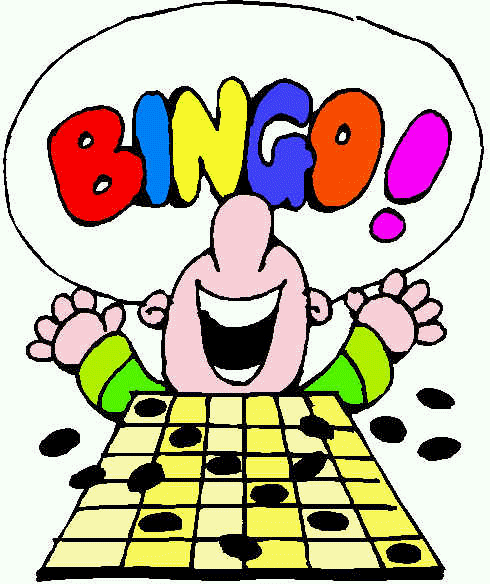I got this wonderful idea from Mel Wawen although I have slightly modified it. As she explains, it can be used as a warm up before the lesson or at the end of it when students feel they have had enough of English,

This time I needed to revise Irregular Verbs and this is how I did it.
- I asked students to tidily sit individually and in rows of three or four.
- Then, I asked each of them to choose an irregular verb from the ones we had studied. I told them to write it down in its irregular past form on a piece of paper.
- Every row is a team, so they should make sure every student in the same team has chosen a different irregular verb.
- Tell them you are going to say a verb at a time, using the infinitive form. When the students hear the infinitive for the irregular they have chosen, they must say the irregular past form aloud and then sit down.
- The first team with all the students sitting down wins the game.
Follow up:
I used this game when they first learned there was something called irregular verbs. It was funny and it only took about three or four minutes.
The second time I played this human bingo, students also had to write a sentence containing the irregular verb. After checking that their sentence was grammatically correct, I made sure they knew how to pronounce in wors in their sentences.
It was their turn now. They had to stand up and read aloud their sentence but without saying the verb. Students in the class had to provide the right verb in the past to fill in the gap.
 professionally speaking. I don’t know whether I’ll be given the chance to ever work here again but it’ been really nice and this is my big thank you to everybody who’s made this year a really pleasant experience. I’ll be leaving for Malta in a week’s time to do a course to Spice Up my Teaching so this blog is going on holidays until September. Hope to virtually see you then.
professionally speaking. I don’t know whether I’ll be given the chance to ever work here again but it’ been really nice and this is my big thank you to everybody who’s made this year a really pleasant experience. I’ll be leaving for Malta in a week’s time to do a course to Spice Up my Teaching so this blog is going on holidays until September. Hope to virtually see you then.

